Protein Sources for Vegetarians
Vegetarians often struggle for protein sources, but there are various healthy protein sources such as Nuts, Beans, Lentils, Soy milk, etc. Read this article to learn more!
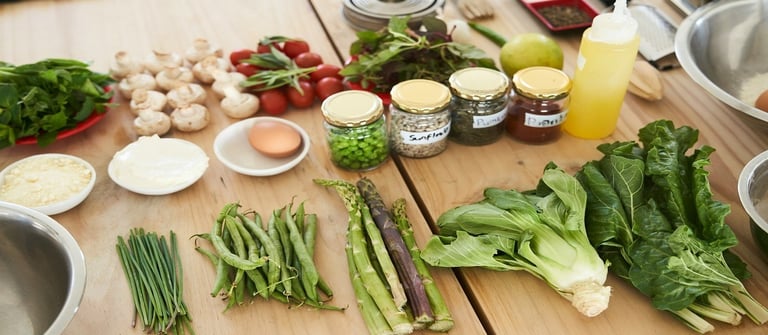

Protein is the building block of our body. Deficiency of protein may cause many health issues. Vegetarians sometimes find it difficult to fulfill their protein requirements compared to non-vegetarians. We will discuss many healthy vegetarian protein sources in this article that can provide a good amount of protein.
According to nutritionists, a well-planned vegetarian diet with less processed food can provide all the nutrients with protein.
Processed protein sources are not good for health. So consuming protein from natural sources is better.
Protein helps maintain and grow muscles and keeps our hair and skin healthy. It also helps in keeping our metabolism active.
Following are the high-protein natural foods that you can add to your diet:
1. Lentils:
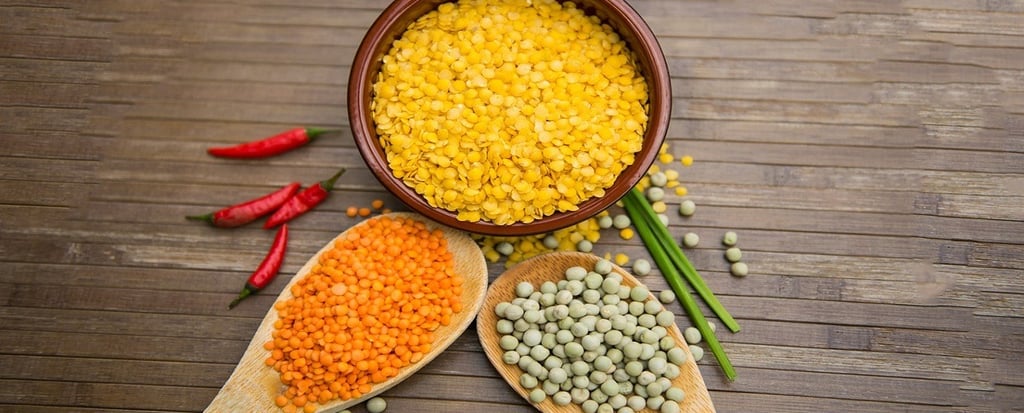

Lentils are of many types red, green, black, or brown. Lentils are rich in protein (18 gm of protein in one cup of 195 gm cooked lentils).
Lentils also contain a good amount of fiber, which is good for the gut health.
You can add lentils to your soups and salads or consume them boiled.
Lentils are also a good source of folate, potassium, iron, and vitamin B1 making them a healthy food.
So consuming lentils promotes a healthy gut, lowers cholesterol, and controls blood sugar.
2. Greek Yoghurt:
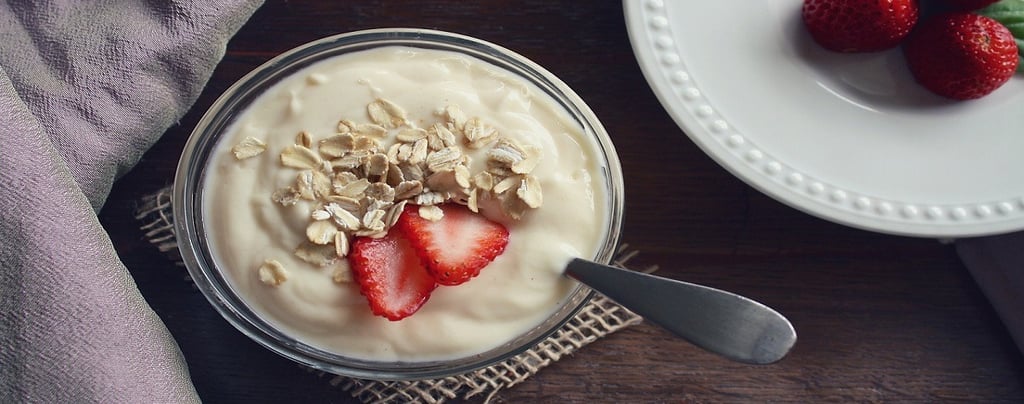

Greek yogurt is rich in protein. It is good for maintaining muscle mass.
It is good in calcium which can improve bone health
Due to high protein content, it will keep you fuller for longer. Eating a protein-rich diet makes you eat less throughout the day.
Greek yogurt has probiotics that promote good gut health.
Some research suggests that eating Greek yogurt relieves stress, anxiety, and depression.
You can add Greek yogurt to fruits and salads. It can also be used as an alternative to sour cream.
A 100 gm of Greek yogurt contains around 5.7gm of protein.
3. Quinoa:
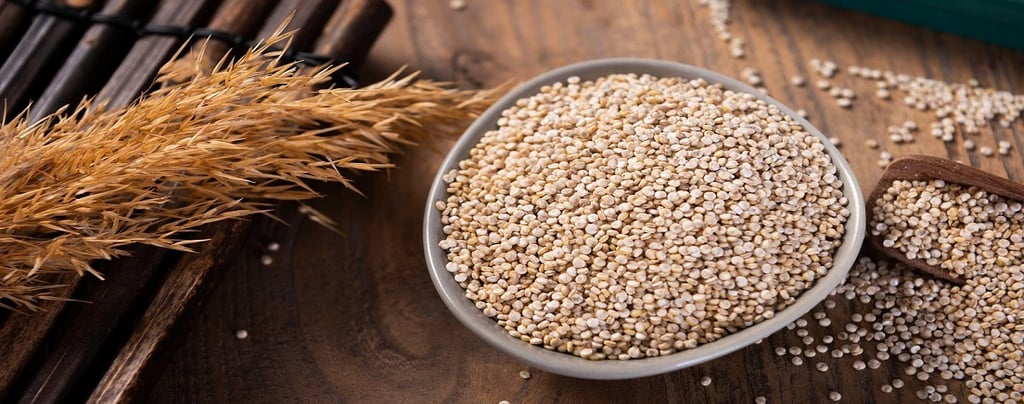

Quinoa is a whole grain and has all nine essential amino acids. So it’s a complete protein source.
Along with protein, Quinoa is rich in magnesium, phosphorus, manganese, zinc, iron, folate, and thiamine. So it provides good micronutrients as well
It’s also high in fiber, 180 gm quinoa contains 5 gm of fiber. So it also promotes weight management
Quinoa is gluten-free, 180 gm of quinoa contains 8 gm of protein.
4. Chia Seeds:
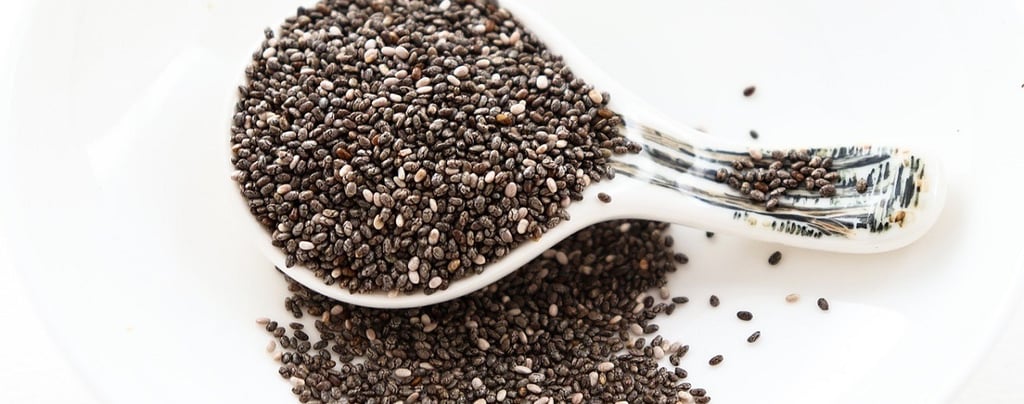

Chia seeds are very healthy, it’s a good source of iron, calcium, magnesium, and zinc.
Chia seeds contain omega-3 fatty acids and dietary fibers which are very good for the health.
It can be eaten raw or sprinkled on many dishes like salads, vegetables, and cereals.
A 100 gm of chia seeds contains around 17 gm of protein.
5. Hemp Seeds:
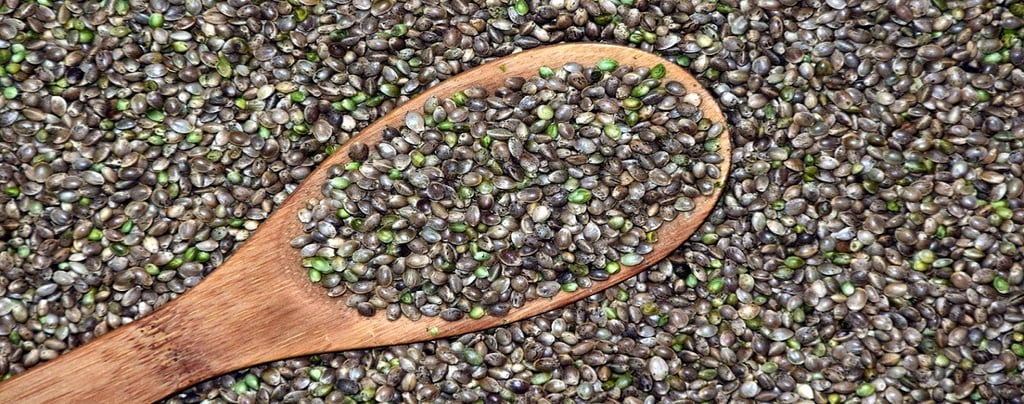

Hemp seeds have many benefits. It has healthy fatty acids like omega-3s and omega-6s.
Hemp seeds have all nine amino acids making them a complete protein source.
It has micronutrients like Vitamin E, Magnesium, Phosphorus, Potassium, iron, and zinc.
Hemp seeds are good for the brain, skin, and heart health.
A 30 gm of Hemp seeds contain 9.4 gm of protein.
6. Cottage Cheese:


Cottage cheese is low in calories mild in flavor and highly nutritious.
It is made of curd and has a milder flavor than other aged cheese.
Cottage cheese is famous among athletes. Due to its high protein content, it is good for muscles.
Most of its protein is casein which is slowly absorbed so many athletes take it before bed.
Because of its flavor and soft texture cottage cheese can be easily included in any dish like smoothies, salads, fruits, veggies, or can be consumed raw.
7. Beans:
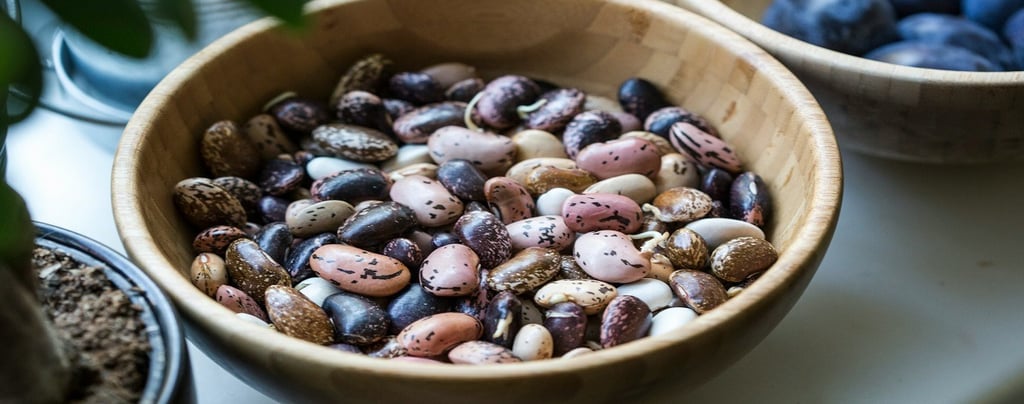

Beans are plant-based proteins. It is a good source of proteins, micronutrients (Iron and vitamins), and fiber.
Beans are of many types black beans, soybeans, red beans, navy beans, kidney beans, etc.
Beans are rich in antioxidants and folate.
A 40 gm of canned black beans contains around 14.5 gm of protein making it an excellent source of protein.
Adding beans to your meal can provide numerous health benefits for muscles and guts.
8. Edamame:
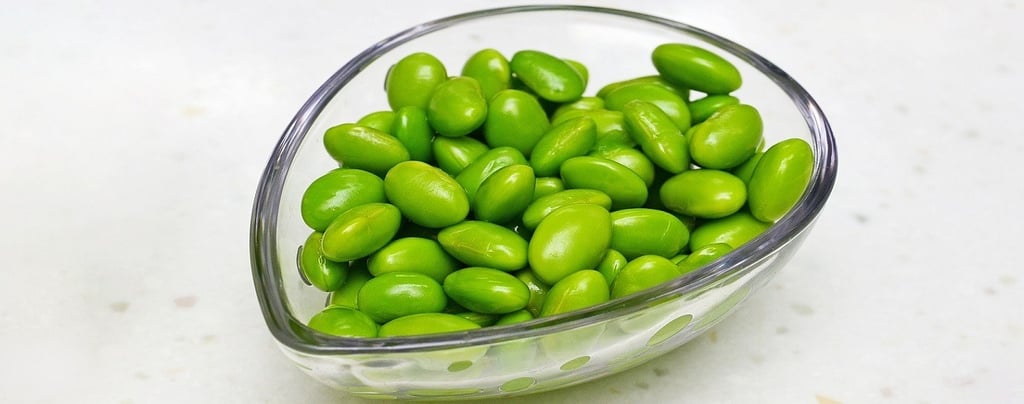

Edamame is a low calorie legume. It is also known as green soybeans.
Edamame is processed to make soy protein, tofu, soy sauce, etc.
Immature soybeans are edamame. They can be consumed as a low-calorie snack.
Edamame contains more vitamin K and folate than mature soybeans. It may regulate cholesterol and regulate blood sugar.
Edamame is rich in protein, 160 gm of cooked edamame provides 18.5gm of protein.
9. Green Peas:
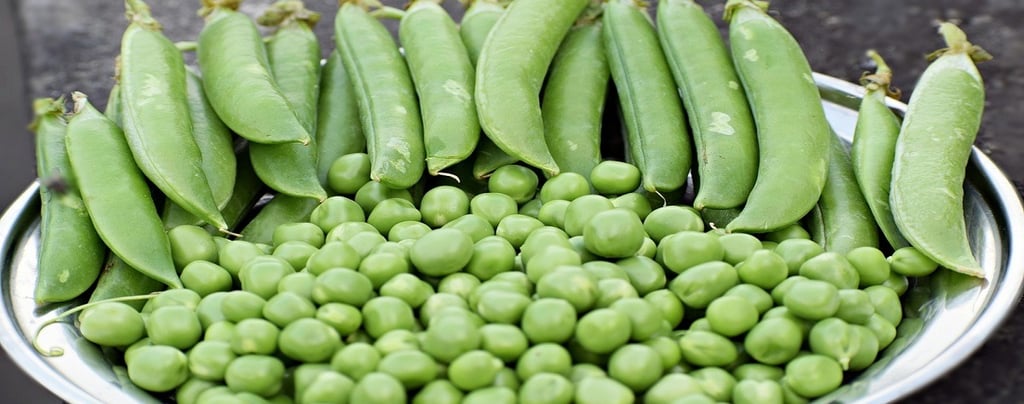

Green peas are very nutritious. They contain proteins, fiber, vitamin A, and vitamin K.
Green peas are very low in calories. So you can consume it boiled or along with other vegetables.
With the high amount of fiber, Green peas are filling. So you will feel less hunger.
Excess eating of peas can cause bloating so adequate should be consumed with it.
Peas are high in protein 80 gm of cooked peas contain 4.3 gm of protein.
10. Peanut Butter:
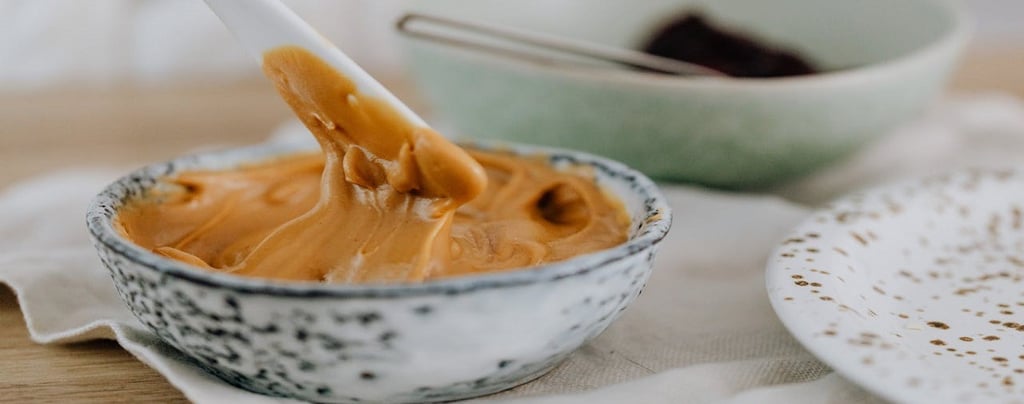

Peanut butter has many health benefits. It’s a good combination of proteins, fats and fibers.
It does not contain cholesterol and is good for heart health.
It has many micronutrients like copper, magnesium, manganese, phosphorus, vitamin B6, zinc, and vitamin E.
Consume peanut butter in moderation because it is a nutrient-dense food.
Peanut butter contains monounsaturated and polyunsaturated healthy fats that lowers the risk of weight gain and obesity.
A 32 gm of Peanut butter contains 32 gm of protein so it’s a protein-rich food.
11. Almonds:
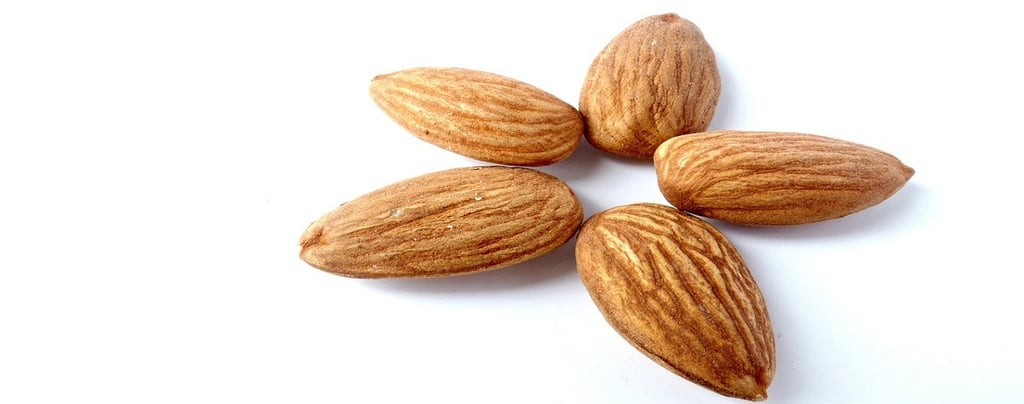

Almonds are very nutritious tree nuts. They have several health benefits and are rich in vitamin E, antioxidants, and fiber.
Magnesium in Almonds can regulate blood pressure.
Almonds have proteins and fiber so that you will feel fuller for longer.
Almonds contain calcium that can help strengthen the bones.
A 28 gm of Almonds contains 6 gm of protein.
Almond’s antioxidants are in the brown layer of the nut, so consuming almonds unpeeled is more beneficial.
12. Seitan:
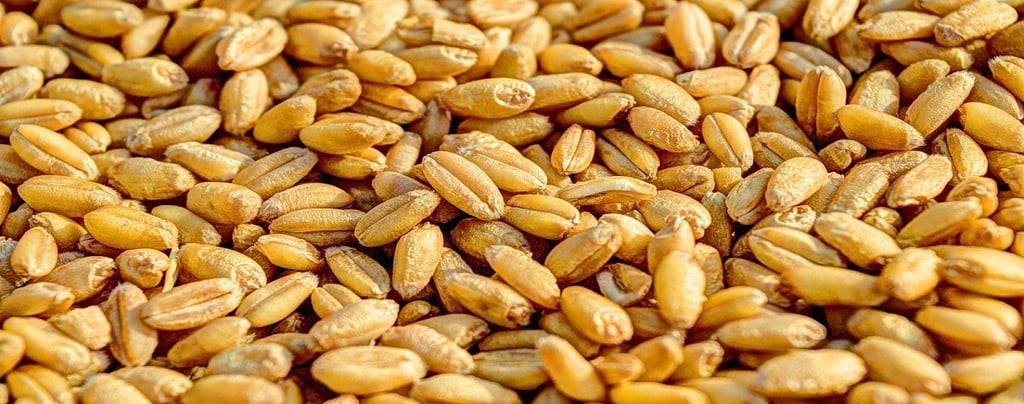

Seitan is a good source of proteins for vegetarians. Another name for Seitan is wheat meat or wheat gluten.
When cooked its texture and looks resemble meat.
Seitan is a rich source of selenium and has iron, calcium, and phosphorus.
Seitan is high in protein and has all nine amino acids.
Seitan has a rubber-like texture that’s why it resembles meat.
Vegetarians who have soy allergies can consume seitan for their protein intake.
People who are allergic to gluten should avoid consuming Seitan.
Seitan is a rich protein source which provides 75 gm of protein in 100 gm of Seitan.
13. Tofu:
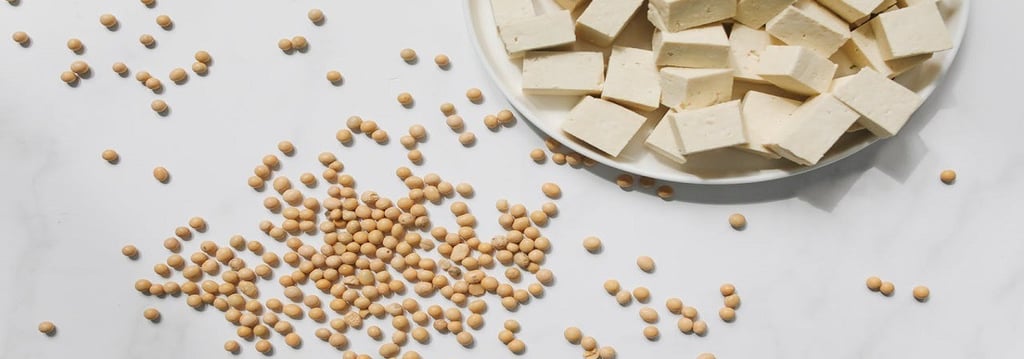

Tofu is a protein-rich food. Its main and only ingredient is soy milk. The condensed form of soy milk is Tofu.
It contains essential amino acids that the body needs so it’s a healthy plant-based protein source.
Along with protein Tofu is rich in calcium, manganese, copper, and selenium.
A 100 gm of Tofu contains 17 gm of protein.
14. Tempeh:
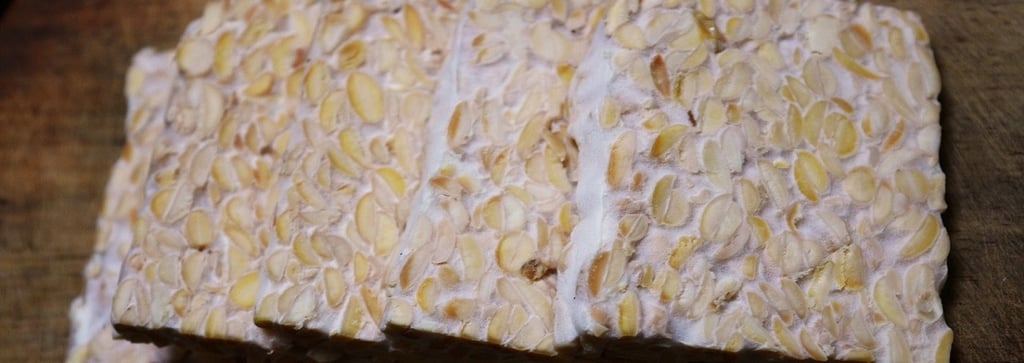

Just like Tofu, Tempeh is also a soy-based protein. It is made of whole soybeans and is less processed than Tofu.
It contains Vitamin B12 and is a complete protein source. Tempeh has no cholesterol and is rich in fiber, iron, calcium, and other micronutrients.
It can improve your cholesterol, improve insulin resistance, and is good for your heart.
A 100 gm of Tempeh contains 19 gm of protein.
15. Spelt:
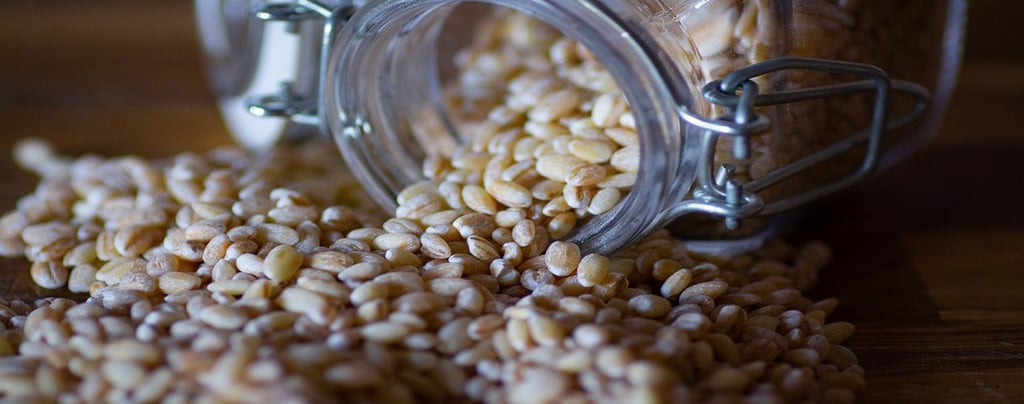

Spelt is a grain from the family of wheat and barley. Its nutrients are quite similar to wheat.
It’s high in manganese, phosphorus, niacin, magnesium, iron, and zinc.
People on a gluten-free diet or with wheat allergy should avoid it.
A 190 gm of cooked spelt contains 10 gm of protein.
16. Teff:
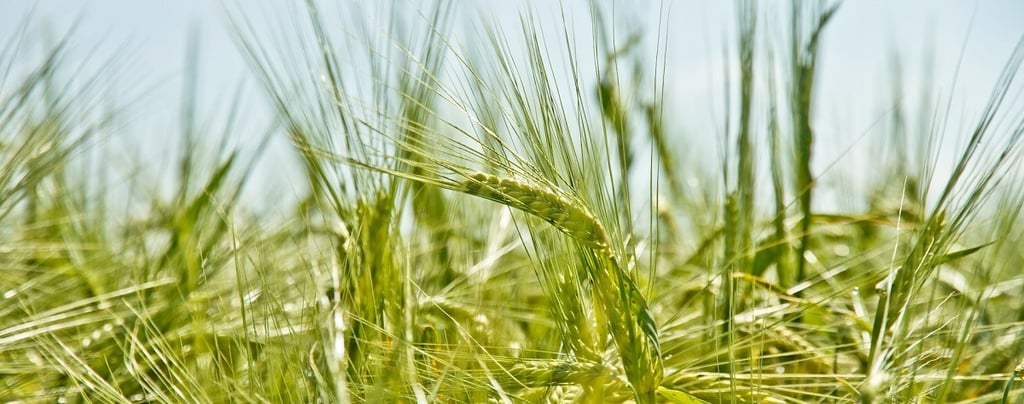

Teff is an ancient grain full of nutrients and fibers. It’s the smallest grain in the world.
Teff is used in many foods like porridge, pudding, beer, and breads. It’s also used as a rice substitute.
What differentiates Teff from other grains is that Teff is gluten-free. So people who have gluten sensitivity can also have it.
It has 11% protein and has essential amino acids. It also has high lysine compared to other grains.
It has high iron and is good for the gut.
17. Nutritional Yeast:
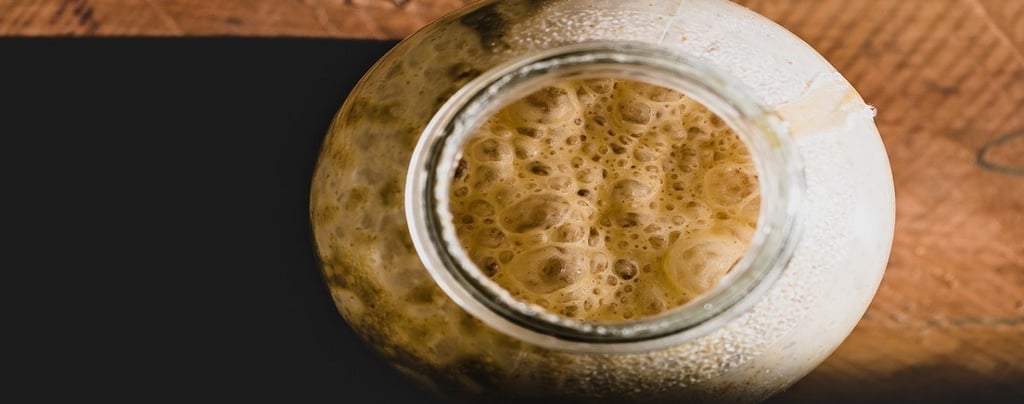

Nutritional yeast is inactive, dehydrated yeast. Its flavor is nutty and cheesy.
Nutritional yeast is a good Vitamin B12, B6, and folate source.
It's high in protein, 2 tablespoons of nutritional yeast contains 5gm of protein.
Nutritional yeast is good for heart health, reduces inflammation, and improves immunity.
It can be consumed with tofu, salads, and other dishes.
18. Spirulina:
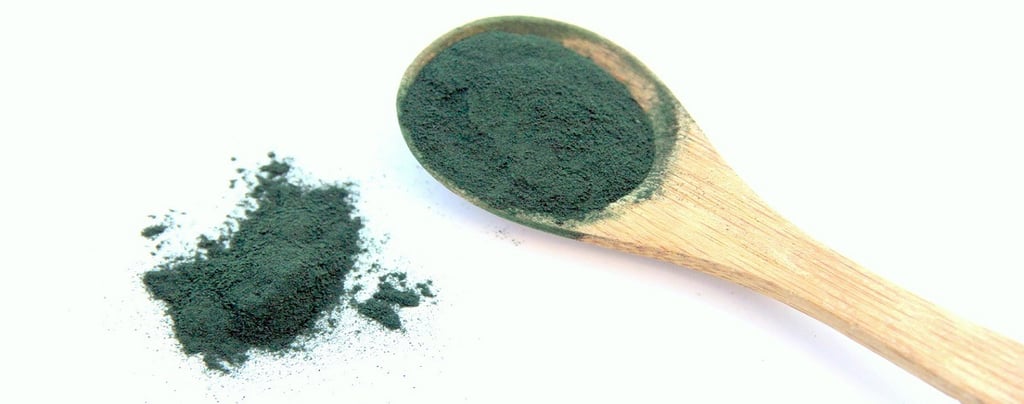

Spirulina is a blue-green algae. It’s a superfood full of vitamins, minerals, antioxidants and proteins.
It’s a good Vitamin B1, B2, B3, copper, iron and magnesium source. It contains 65% - 70% protein.
It reduces chronic inflammation, improves heart health, boosts immunity, reduces cholesterol, and improves eyesight.
You can have spirulina in capsules, powder, and tablet form. You can also add spirulina to smoothies and juices.
A tablespoon of Spirulina contains 4gm of protein.
19. Amaranth:
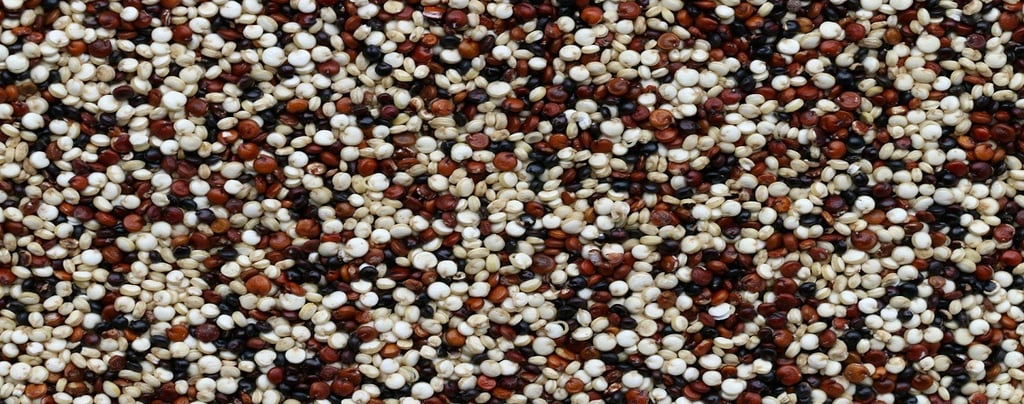

Amaranth has several benefits. It is an ancient grain.
Amaranth is gluten-free and contains proteins, fiber, and micronutrients. It helps in gut health and treats constipation.
The antioxidants and vitamin A make it healthy for the eyes and skin. It also has calcium and iron so it is good for bone health and treating anemia.
100gm of grain contains 14gm of protein.
20. Wild Rice:
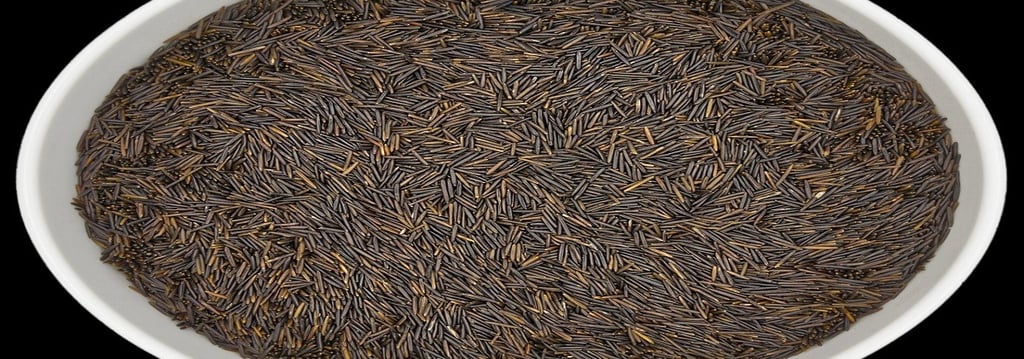

Wild rice is different from the white rice. It’s a marine grass. It originates in shallow water along the banks of rivers and lakes.
The main difference between white rice and wild rice is that wild rice has its bran intact. Wild rice is healthier than the white rice.
This grain is low in fat, cholesterol, and gluten-free. It improves digestion, boosts immunity, aids weight loss, builds muscle, and strengthens bones.
Wild rice is rich in Potassium, magnesium, phosphorus, and manganese.
A 100gm of raw wild rice has 14.7gm of protein.
21. Oats:
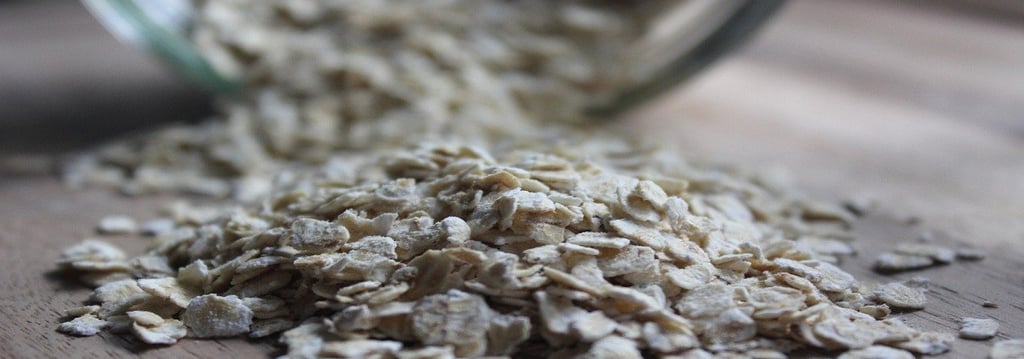

Oats is a whole grain cereal. It is rich in micronutrients like magnesium, phosphorus, zinc, and manganese.
It’s good for the digestive system, boosts immunity, improves heart health, and reduces risk of cancer.
You can consume oats by boiling them with water or milk. Many other dishes can be made with oats. It could be a healthier breakfast option.
Oats are high in protein than other grains. A 100gm of Oats contain 17gm of protein.
22. Soy Milk:
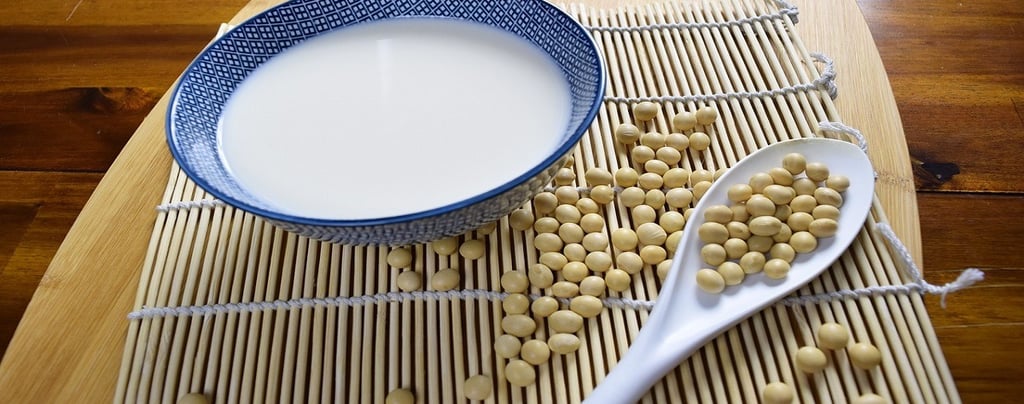

Soy milk is an important source of plant-based protein. It is made up of soybeans. It is a low-calorie drink and has many benefits.
Soy milk is high in protein, and low in saturated fats and cholesterol. It is a good source of potassium, calcium, and other micronutrients.
It can help in weight management, reducing blood pressure and maintaining heart health.
A cup of soy milk (240 ml) contains 7gm of protein.
23. Mycoprotein:
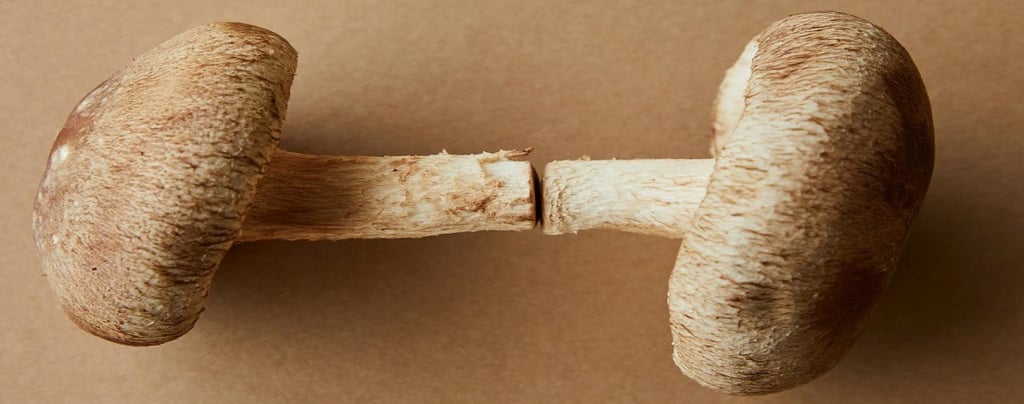

Mycoprotein is a type of protein made from fungus. It is high in protein, fiber, and amino acids.
It has less sodium, sugar, cholesterol, and fat.
It can be a good alternative to meat and has a meat-like texture.
Mycoprotein is generally 45% protein by dry weight.Write your text here...
24. Nuts:
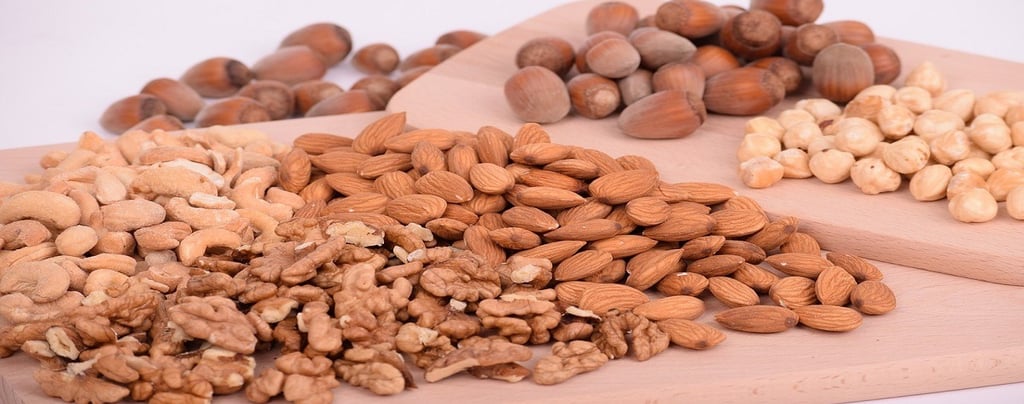

Nuts are a healthy protein and nutrient-rich snack option. They are full of antioxidants and provide many health benefits.
Nuts are of many varieties like peanuts, almonds, groundnuts, walnuts, brazilnuts, hazelnuts, etc. Consuming nuts regularly may reduce cholesterol and inflammation.
They are great sources of fiber. A 100 gm of mixed nuts contains around 20 gm of protein.
25. Chia Seeds:
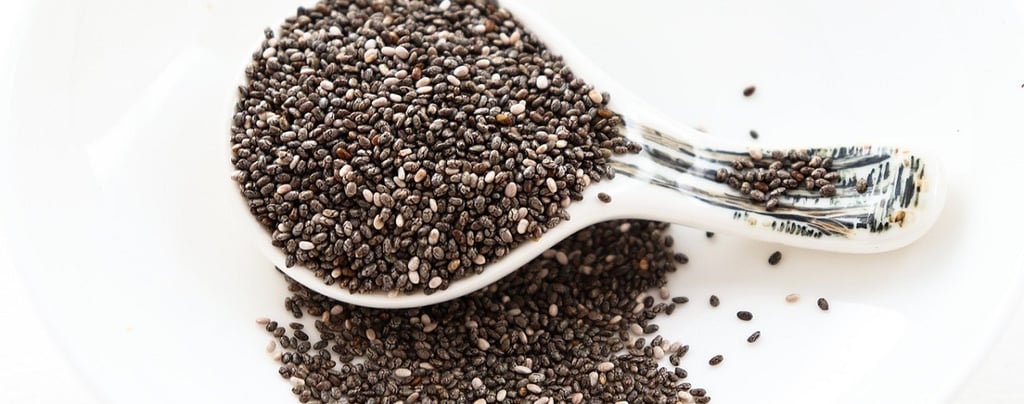

Chia seeds are seeds from the mint family. They are a good source of ALA (alpha-linolenic acid), an omega-3 fatty acid.
Chia seeds are a rich source of antioxidants like caffeic acid, chlorogenic acid, kaempferol, and quercetin.
28 grams of chia seeds contain 4.7 grams of protein.
26. Cheese:
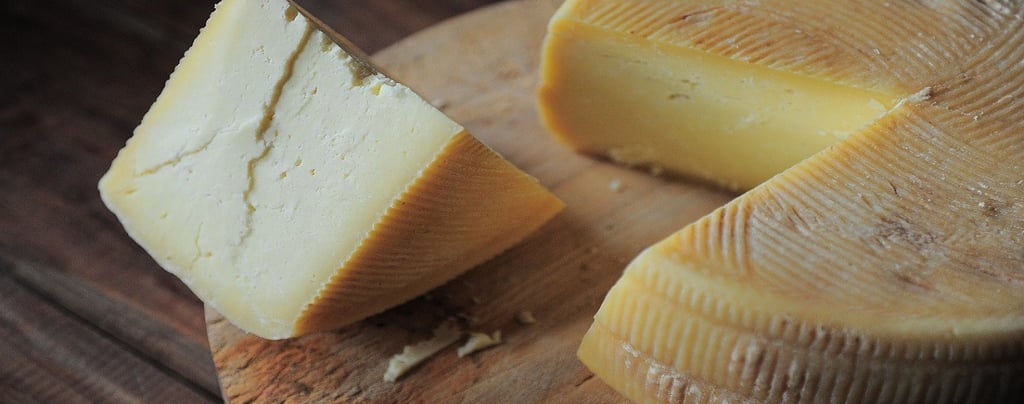

Cheese is a tasty source of protein for vegetarians. It contains omega-3 fatty acids and vitamin K2.
Cheese is a nice source of antioxidant glutathione that is good for brain health.
It contains a good amount of probiotics that improve gut health.
You can have cheese directly or accompany it with any savory dish.
100 gm of cheese contains around 25 gm of protein.
Conclusion:
Vegetarians have many protein options. Consuming a balanced protein-rich vegetarian diet is not hard to follow.
From cheese, and nuts to beans, and tofu you can prepare a variety of meals whichever suits your palate.
Having a meal plan is always beneficial to get all the nutrients. A balanced diet with adequate micro and macro nutrients is good for health.
Keep rotating your meal plan to keep it exciting, healthy, and tasty.
Frequently Asked Questions ( FAQ)
· Can a vegetarian diet fulfill my protein requirement?
The vegetarian diet has many options for protein fulfillment. You can add different plant or dairy-based protein sources to your meal. Consuming the above-mentioned food will help you achieve your health goal.
· How much protein do I need daily?
The protein requirement of an individual depends upon many factors such as age, height, gender, and health goals. Generally, male requires more protein than females.
· Can I have protein Supplements along with natural protein sources?
As far as possible try to fulfill protein from natural sources but if you are not able to take adequate protein try to consult your doctor before having any supplement.
· Why do I have indigestion and constipation after consuming a protein-rich diet?
To digest the protein body needs more fluids. Consuming a high-protein diet may make you dehydrated leading to headaches and constipation. Increasing water intake will keep you hydrated and release toxins and excess amino acids from the body.
